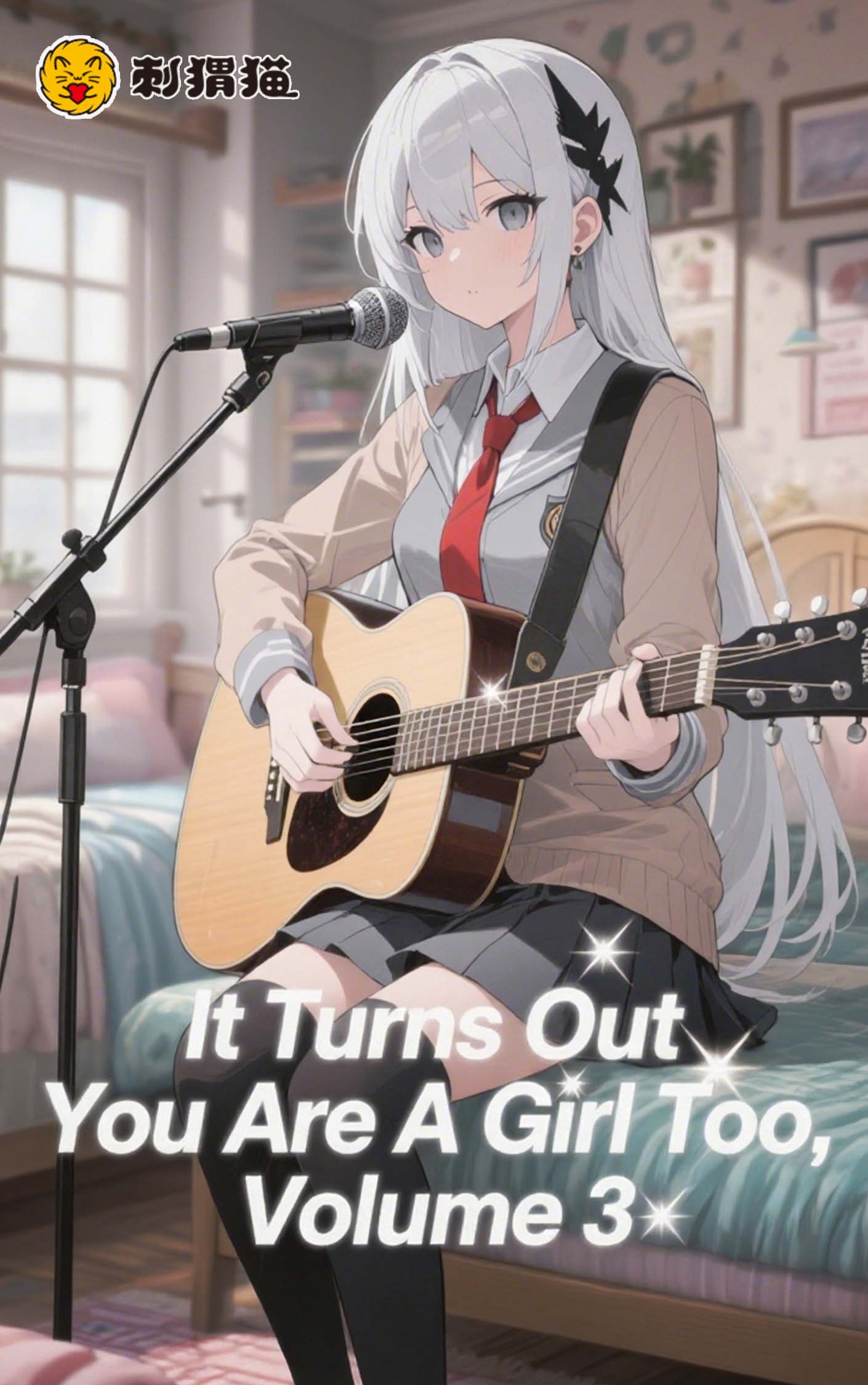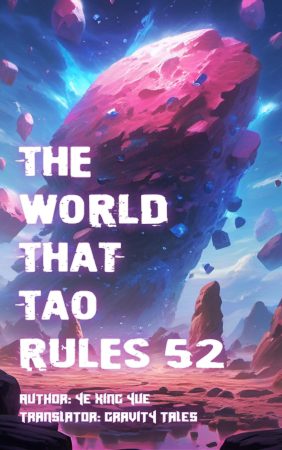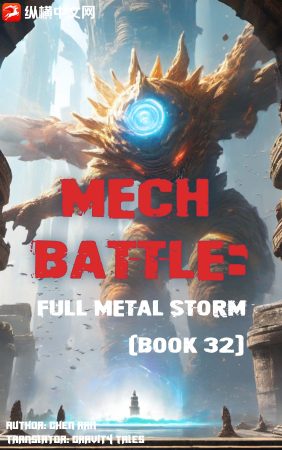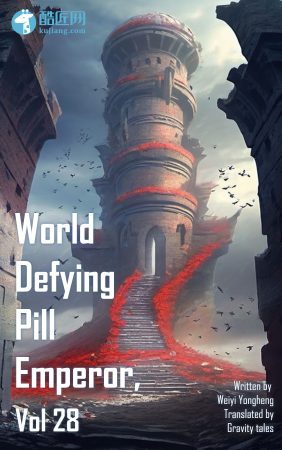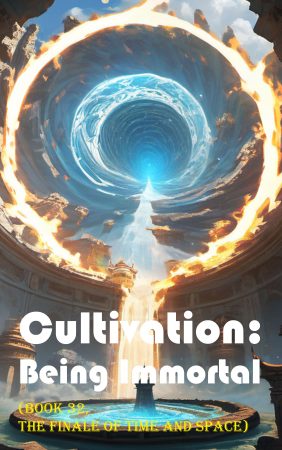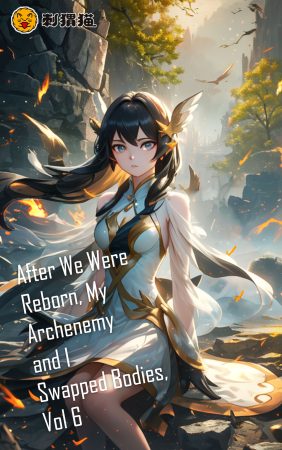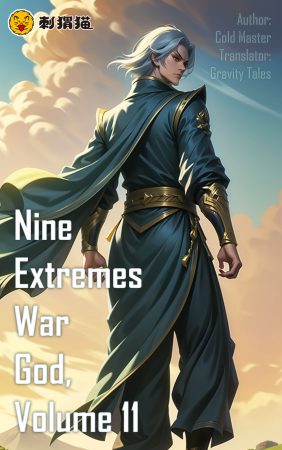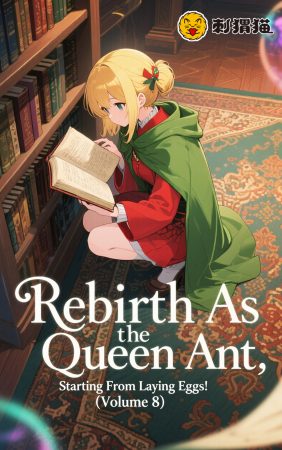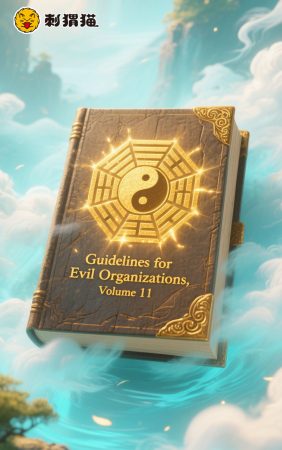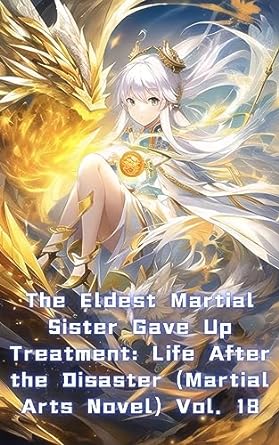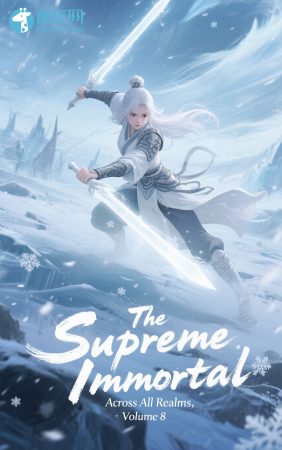Chapter 7
Our Discord Server: https://discord.gg/PazjBDkTmW
You can buy coins here to unlock advanced chapters: https://gravitytales.com/coins-purchase-page/
Chapter 7: Justice and Truth
Night had fallen deep. Chu Junguei added firewood to the campfire, then crawled into the escape pod to rest. As a test subject, he also needed sleep, but with higher sleep quality and a more controllable process. While sleeping, a specialized micro-chip would monitor surrounding movements, instantly awakening him at any change.
The night passed without incident.
At dawn, Chu Junguei awakened from deep sleep, stretched, and immediately felt refreshed and alert.
He crawled out of the escape pod and was met by a cold wind that made him shiver.
On this planet, the morning wind was quite cold indeed.
Looking around, he felt it necessary to quickly build a shelter. The escape pod was uncomfortable to live in, too small to accommodate any equipment, and had no defensive capabilities whatsoever.
The first day’s initial exploration proved this planet wasn’t particularly safe—the small animals he encountered, whether herbivores or carnivores, were all more aggressive than the last. Additionally, he sensed that species on this planet seemed to have very low pain sensitivity. Even when pierced by a dagger, instead of trying to escape, they would struggle to continue attacking.
Low pain sensitivity had both advantages and disadvantages—the downside was insufficient alertness to danger, generally resulting in short lifespans. Perhaps surviving on this planet with exceptionally high concentrations of toxic substances like sulfur and arsenic, they never expected to live long anyway.
Chu Junguei tightened his clothes, opened the printer, and printed a logging axe and a long saw. Though he had an arm shield, it wasn’t as efficient as professional tools.
Then he dug out several pieces of charcoal from beneath the extinguished campfire—he had deliberately buried them under the fire to carbonize. He placed the charcoal in the refinery, and moments later the machine continuously produced carbon rods. Pre-processed materials required much less energy when refined into standard universal materials.
He picked up several stones, smashed and ground them fine, threw them into the refinery, and obtained some basic metals and silicon. However, what he cared more about was a small canister of gas collected during the refining process. This gas had high oxygen content, enough to support several hours of activity.
This extraction method was very inefficient, but small workshop-style production had different requirements from industrial production. Chu Junguei’s priority now was obtaining basic materials—energy consumption could be addressed later.
After completing these tasks, he loaded industrial acid, carbon, and wood fiber as basic mixing substrate into the printer. Moments later he obtained a small box of black powder—the most basic universal gunpowder. If he could find saltpeter, he could create better-performing gunpowder.
With gunpowder and a copper rod that came with the escape pod, he had the foundation for manufacturing bullets.
The printer began working, and moments later bullets emerged one by one. These standard 9mm bullets had limited power to begin with, and Chu Junguei was using the most basic simplified gunpowder, further reducing their effectiveness—they probably had no killing power beyond 50 meters. However, having a gun was better than having no gun.
Moreover, the “close-combat” in Chu Junguei’s Close-Combat Firearms Fighting Technique wasn’t written for nothing—the essence of this fighting technique was close-range or even point-blank combat. No matter how weak a pistol might be, as long as it was fired against someone’s face, the damage wouldn’t be low.
With bullets solved, the pistol was easy. Before long, a dark silver P1911 appeared before Chu Junguei.
Chu Junguei picked up the gun, inserted the magazine, and pulled the slide—the crisp, pleasant mechanical sound of the action. With a gun in hand, he suddenly felt much more secure.
He raised the gun to aim, his hand suddenly creating afterimages as he instantly aimed at 8 different targets in succession, though he didn’t fire. After testing the gun, he felt the magazine capacity was still slightly small. Unfortunately, this printer lacked relevant accessories and blueprints for high-capacity magazines.
He consoled himself: ‘Eight bullets are enough—if each one is fired point-blank, the damage will still be considerable.’
When heading to the forest again, Chu Junguei’s equipment was quite different. On both sides of his backpack were the axe and long saw, at his waist were the pistol and dagger, and in his hand was an arm shield. The backpack contained water and a small canister of oxygen. With basic equipment complete, he was no longer in the naked state of his initial landing.
This time he routinely explored deeper into the forest first, advancing several more kilometers beyond his previous exploration. Only here did his body begin to struggle, requiring him to take oxygen.
During deep exploration, he unexpectedly discovered a valley. The valley was surrounded by mountains in the distance, with lush vegetation inside and even a small pond in the center.
However, despite seeing a water source, Chu Junguei didn’t rush over. In primitive areas, a water source often attracted all the fierce creatures from the surrounding area. The seemingly peaceful small pond was actually fraught with danger.
He squinted, observing the valley from a distance. Long-range scanning showed numerous vigorous life field reactions in the valley, though their sources were unknown.
After hesitating briefly, Chu Junguei abandoned the idea of immediately exploring the valley. The dangers in the valley were unknown, and his current equipment was still very primitive, with far insufficient firepower. He would need at least a heavy machine gun to explore the valley with confidence.
This portable printer naturally had no heavy machine gun blueprints—it didn’t even have automatic rifles—but this didn’t stump Chu Junguei. His memory stored the structures and schematics of several heavy machine guns; he could completely print the components one by one and assemble a heavy machine gun himself.
Chu Junguei—whether as a test subject or the youth in the data—had an obsessive fascination with heavy machine guns, or rather, with weapons similar to heavy machine guns that possessed fierce firepower.
This wasn’t an isolated case. When humanity first entered the era of great interstellar expansion, an explorer who summarized years of survival experience in outer domains said a famous quote:
“Firepower is justice, caliber is truth.”
Chu Junguei deeply agreed.
He marked the valley’s location on his map and specially added a danger symbol. After thinking, he also added symbols for meat and water sources.
He returned along the same route, selected a moderately-sized tree at the forest edge, felled it, sawed the trunk into long strips of lumber, bundled them together, and carried them back to the escape pod.
Not far from the escape pod was a small highland, with terrain two to three meters higher than other areas and a flat top—quite suitable for construction.
Chu Junguei carved out a wooden handle, inserted it into the arm shield to turn it into a shovel, cleared weeds and debris from the highland’s top, and prepared a flat surface. Then he selected four corners and drove wooden stakes into each.
In his field of vision appeared the phantom of a wooden house. The phantom overlapped with reality, with the house’s four corners perfectly aligned with the driven stakes.
Chu Junguei was very satisfied. Using the four stakes as reference points, he drove more stakes and used wooden strips to cross-brace between them.
Now he had abundant iron on hand, making metal fasteners no problem. These fasteners had been optimized through years of human design, becoming exceptionally simple and practical. He cut lumber into boards of identical size, installed fasteners at the four corners, then fitted them together—two boards would be firmly secured. Repeating this process, he quickly obtained a large reinforced wooden panel. Placing it on the support stakes and braces and tightening the connectors, the floor took shape.
With the foundation laid, subsequent construction followed naturally. This most basic wooden house structure required no mental effort—he just built according to the blueprint in his vision. With various guide lines in his field of vision assisting, he didn’t need to worry about crooked walls or uneven floors.
Soon he had built four walls, with the door facing the escape pod and small windows in the other three walls for observing the surrounding environment. The only trouble was insufficient materials—during construction he had to make two trips to the forest for lumber to barely gather enough wood.
By the time the sky gradually darkened, a flat-roofed small wooden house stood on the slope.
Chu Junguei used animal fat and plant fiber as raw materials to print several sheets of waterproof fiber cloth, covering the roof. Thus a house with basic living functions was completed.
He moved all useful items from the escape pod into the wooden house, built a work platform for placing the refinery and printer. At night, the stellar energy panels and charger also had to be brought inside to avoid rainy weather.
Due to excess sulfur in the air, this planet’s rainwater was highly acidic. Though the stellar energy panels and charger were cheap and crude, they had metal components that couldn’t withstand many acid rain exposures.
The small house was only a few square meters, and with several items placed inside, it seemed somewhat cramped.
Chu Junguei ate something simple, drank his fill of water, then lay down to rest.
He closed his eyes and remained still, but wasn’t asleep. He didn’t need sleep yet.
In the center of his field of vision appeared a heavy machine gun design blueprint. The machine gun immediately disassembled into individual components. Then other parts faded away, leaving only the barrel. He continuously enlarged and reduced the barrel, rotating it back and forth. After a series of complex numerical calculations, he slightly modified the dimensions.
The so-called modification was simply enlarging the caliber a bit—not much really, from 7.62 to 12.7, just a few millimeters. Someone with slightly poor eyesight might not even notice the difference from a distance.
After hesitating briefly, he finally decided to stop at this caliber. Though the youth had an inherent fanaticism for weapons, realistic conditions were limited and couldn’t support unlimited modifications.
With the barrel caliber changed, all components except the tripod required corresponding modifications. It wasn’t just a matter of component dimensions—with increased caliber, the strength of various parts of the action had to be reconsidered.
Though Chu Junguei could add carbon and nickel to iron in the refinery to create steel, this lowest-level refinery couldn’t precisely control proportional ratios. The steel’s strength was limited and quality very unstable, so some parts of the machine gun had to be thickened to increase strength.
Even with Chu Junguei’s computer-like mental capacity, the design modification workload was considerable.
By the time the final design was complete, it was past midnight.
The newly designed heavy machine gun was thick and solid, weighing over 40 kilograms, full of the rugged style of the old industrial era.
In other words, it was crude, large, black, and thick.
Even so, this heavy machine gun’s lifespan was only around 2000 rounds. Chu Junguei was initially somewhat disappointed—this was his first independently designed modification, and the level seemed quite ordinary.
However, on second thought, printing 2000 rounds with the printer would probably take over ten days. Though the machine gun’s lifespan was short, he had even less ammunition.
Additionally, this planet’s mineral resources were quite abundant, with seven or eight parts similarity to the home world. As long as he captured the valley and with some luck found colored metals, rare earths, and similar resources, he might be able to build a newer generation printer. At that time, he would probably be carrying grenade launchers or cannons around—weapons like heavy machine guns with such feeble firepower could be completely thrown into storage to gather dust.
Chu Junguei sketched beautiful futures in his mind while drifting into sleep.

